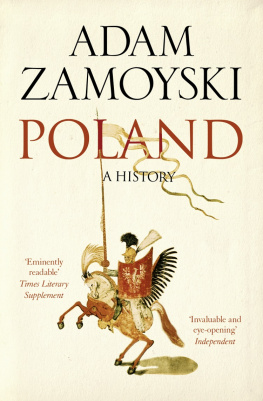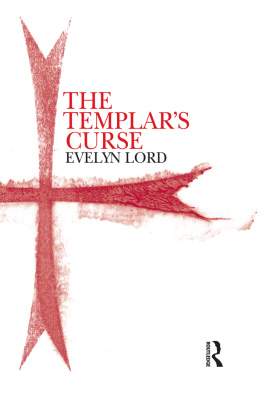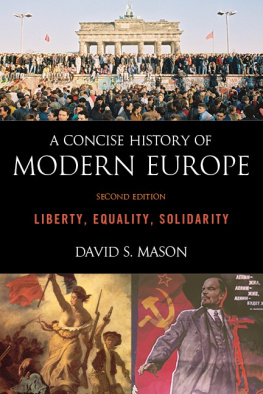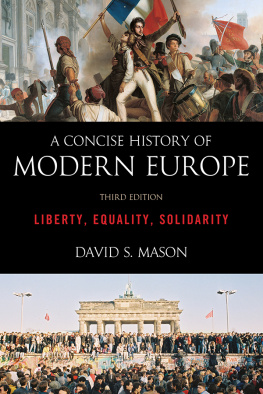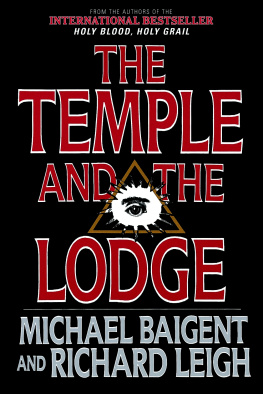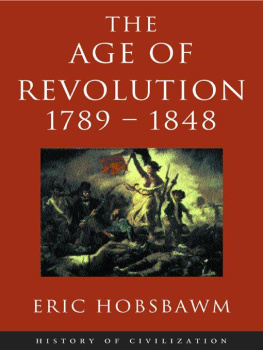
By the same author
CHOPIN: A BIOGRAPHY
THE BATTLE FOR THE MARCHLANDS
PADEREWSKI
THE POLISH WAY
THE LAST KING OF POLAND
THE FORGOTTEN FEW:
THE POLISH AIR FORCE IN THE SECOND WORLD WAR
HOLY MADNESS: ROMANTICS, PATRIOTS
AND REVOLUTIONARIES, 17761871
MOSCOW 1812: NAPOLEONS FATAL MARCH
RITES OF PEACE: THE FALL OF NAPOLEON
AND THE CONGRESS OF VIENNA
WARSAW 1920: LENINS FAILED CONQUEST OF EUROPE
POLAND: A HISTORY
CHOPIN: PRINCE OF THE ROMANTICS

Copyright 2015 by Adam Zamoyski
Published by Basic Books,
A Member of the Perseus Books Group
All rights reserved. Printed in the United States of America. No part of this book may be reproduced in any manner whatsoever without written permission except in the case of brief quotations embodied in critical articles and reviews. For information, address Basic Books, 250 West 57th Street, New York, NY 10107.
Books published by Basic Books are available at special discounts for bulk purchases in the United States by corporations, institutions, and other organizations. For more information, please contact the Special Markets Department at the Perseus Books Group, 2300 Chestnut Street, Suite 200, Philadelphia, PA 19103, or call (800) 8104145, ext. 5000, or e-mail .
A CIP catalog record for this book is available from the Library of Congress
LCCN: 2014949601
ISBN: 978-0-465-06093-1 (e-book)
First published in Great Britain by William Collins in 2014
10 9 8 7 6 5 4 3 2 1
Contents

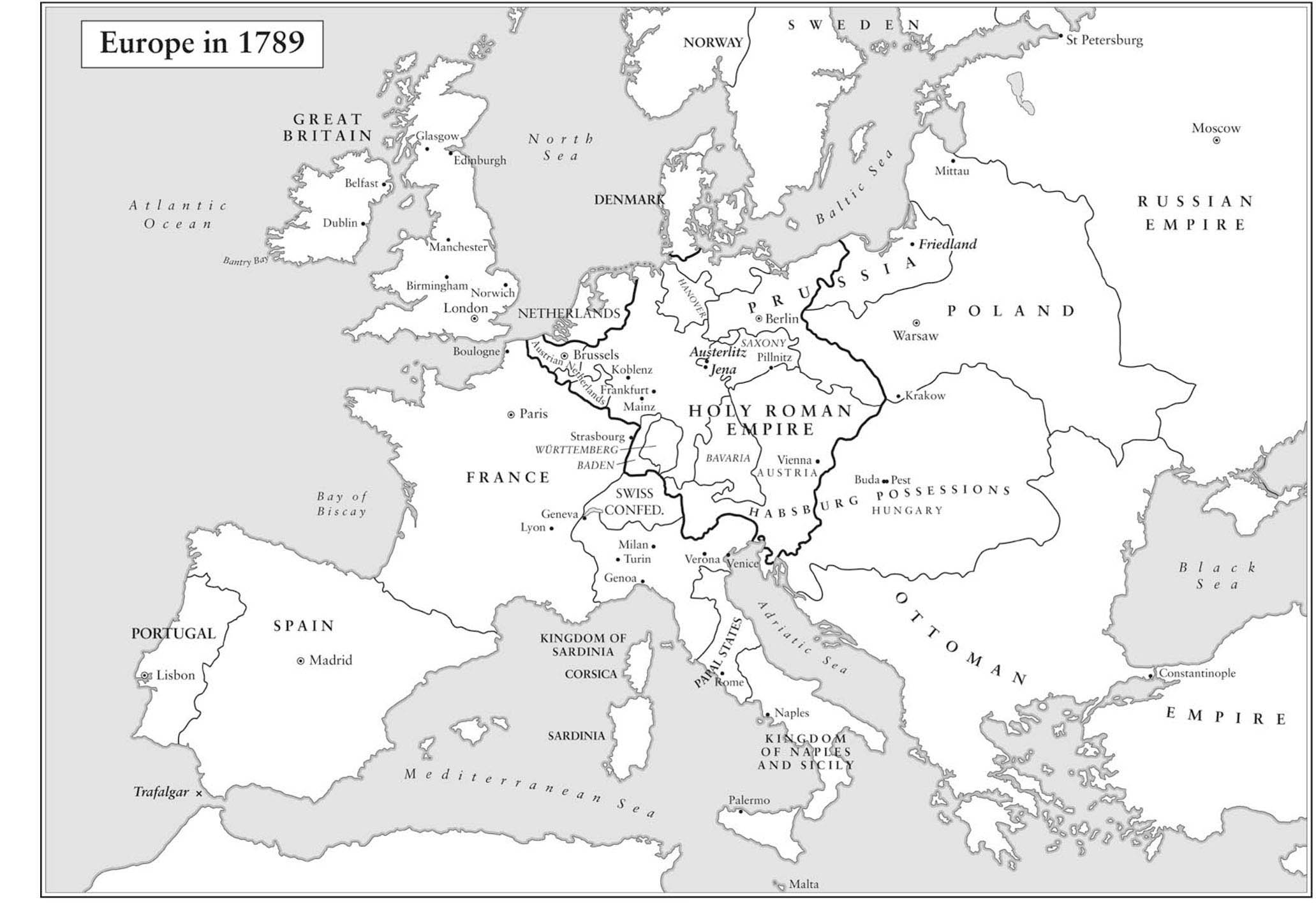

T he Battle of Waterloo, Napoleons final nemesis, also marked the defeat of the forces unleashed by the French Revolution of 1789. This had challenged the foundations of the whole social order and every political structure in Europe. It had opened a Pandoras Box of boundless possibilities, and horrors: the sacred was profaned, the law trampled, a king and his queen judicially murdered, and thousands of men, women and children massacred or guillotined for no good reason. The two and a half decades of warfare that followed saw thrones toppled, states abolished and institutions of every sort undermined as the Revolutions subversive ideas swept across Europe and its colonies.
The reordering of the Continent by those who triumphed over Napoleon in 1815 was intended to reverse all this. The return to a social order based on throne and altar was meant to restore the old Christian values. The Concert of Europe, a mutual pact between the rulers of the major powers, was designed to ensure that such things could never happen again.
Yet the decades that followed were dominated by the fear that the Revolution lived on, and could break out once more at any moment. Letters and diaries of the day abound in imagery of volcanic eruption engulfing the entire social and political order, and express an almost pathological dread that dark forces were at work undermining the moral fabric on which that order rested. This struck me as curious, and I began to investigate.
The deeper I delved, the more it appeared that this panic was, to some extent, kept alive by the governments of the day. I also became aware of the degree to which the presumed need to safeguard the political and social order facilitated the introduction of new methods of control and repression. I was reminded of more recent instances where the generation of fear in the population of capitalists, Bolsheviks, Jews, fascists, Islamists has proved useful to those in power, and has led to restrictions on the freedom of the individual by measures meant to protect him from the supposed threat. A desire to satisfy my curiosity about what I thought was a historic cultural phenomenon gradually took on a more serious purpose, as I realised that the subject held enormous relevance to the present.
I have nevertheless refrained from drawing attention to this in the text, resisting the temptation, strong at times, to suggest parallels between Prince Metternich and Tony Blair, or George W. Bush and the Russian tsars. Leaving aside the bathos this would have involved, I felt readers would derive more fun from drawing their own.
In order to avoid cluttering the text with distracting reference numbers, I have placed all notes relating to quotations and facts contained in a given paragraph under a single one, positioned at the end of that paragraph. For the sake of simplicity, I have used the Gregorian calendar throughout when referring to Russian events and sources. I have not been as consistent on the transliteration of Russian names, using those versions with which I believe the reader will be most familiar the Golitsyn family have appeared in Latin script for over three hundred years as Galitzine, and I have therefore stuck to that spelling, which they still use themselves. Translations of quotations from books in languages other than English are mine, with some assistance in the case of German.
Lack of time prevented me from spending as much of it in archives as I would have liked, and I was therefore obliged to seek the assistance of others. I should like to thank Pauline Grousset for following up some of my leads at the Archives Nationales in Paris; Veronika Hyden-Hanscho for pursuing various trails in the Viennese archives on my behalf; Philipp Rauh for reading through a large number of books in German; Thomas Clausen for his enthusiastic trawl through the archives in Stuttgart, Wiesbaden and Darmstadt; Hubert Czyewski for his diligent work in the National Archive at Kew; Sue Sutton for further searches on my behalf at Kew; and Jennifer Irwin for her research in the Public Record Office of Northern Ireland.
I would also like to extend my thanks to Chris Clark for his guidance on matters German, to Michael Burleigh for moral support at a moment when the surrealism of my subject began to make me doubt my own sanity, to Charlotte Brudenell for drawing my attention to the eruption of Mount Tambora, and to Shervie Price for reading the manuscript.
I owe a great debt of gratitude to my editor Arabella Pike, for her patience and her extraordinary faith in and enthusiasm for my work; to Robert Lacey, whose meticulous and intelligent editing is unmatched; and to Helen Ellis, who makes the uphill task of promoting books a pleasure. I am also deeply indebted to my agent and friend Gillon Aitken, for his unflagging support. Finally, I would like to thank my wife Emma for her patience and understanding, and her love.
Next page

